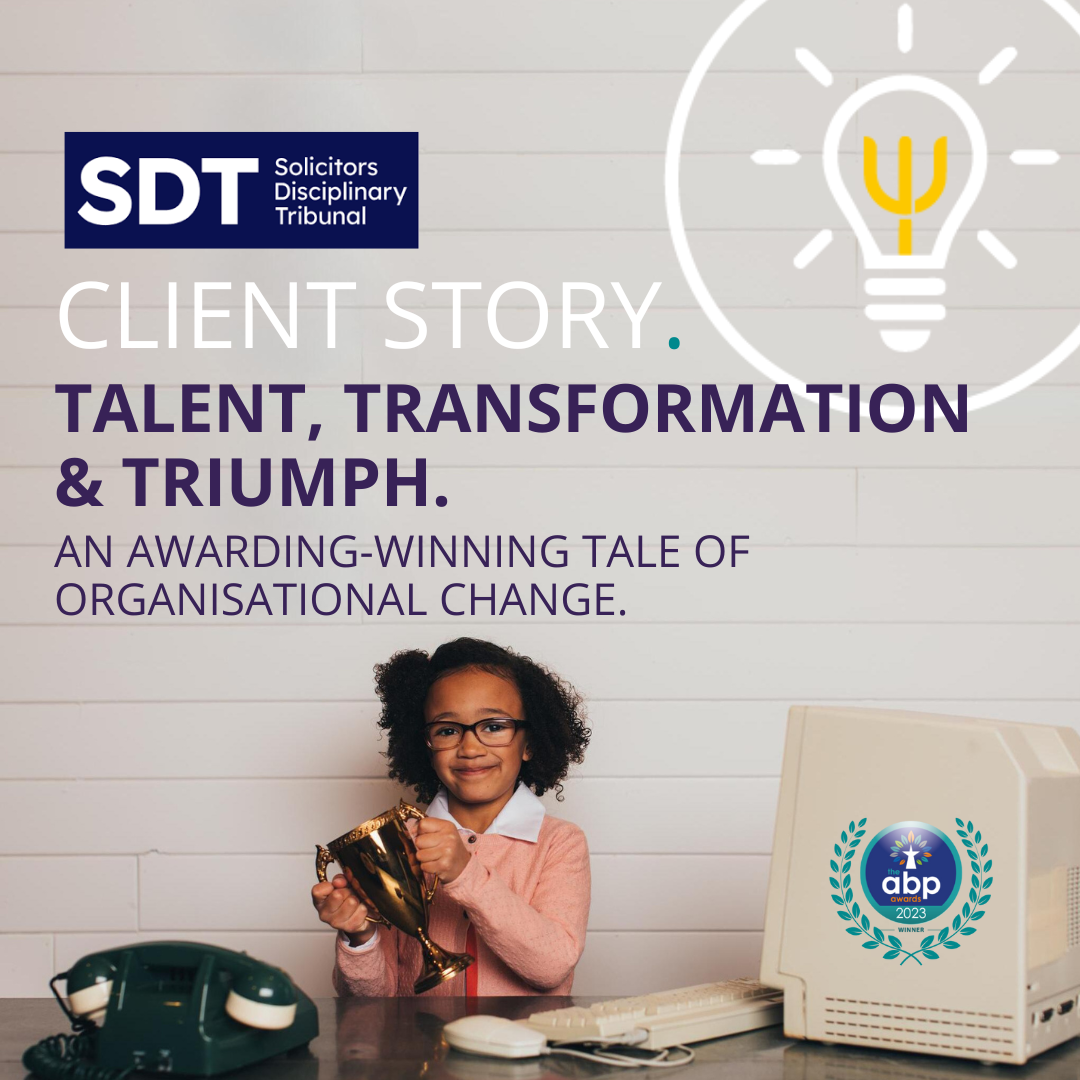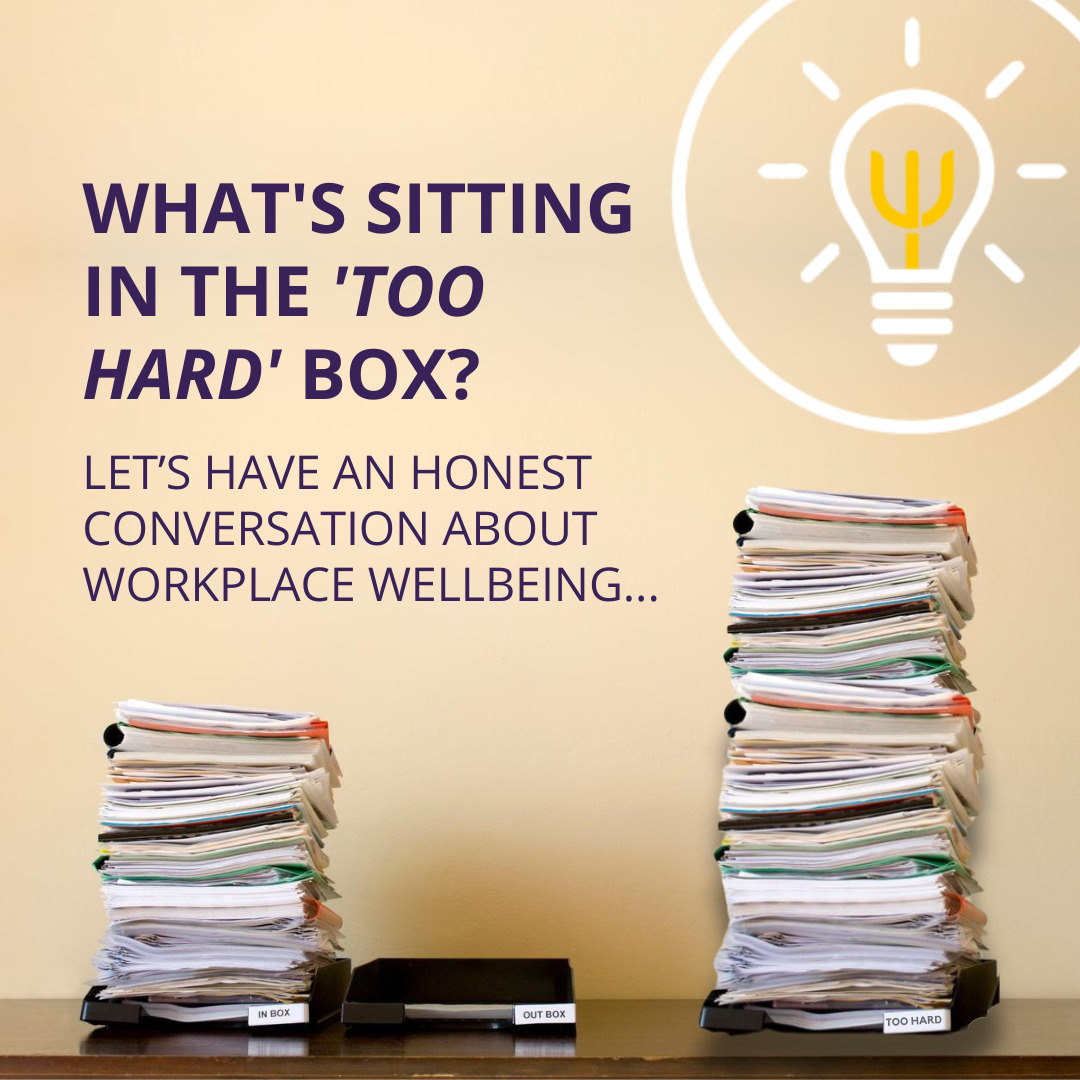Navigating objections to investing in workplace wellbeing. A guide for HR leaders.
Convincing C-suite executives to invest in workplace wellbeing can sometimes feel like trying to sell ice to an Eskimo. Even with a growing body of research showing the benefits of such workplace wellbeing initiatives, it’s common to encounter objections. These could range from worries about costs to scepticism about the tangible benefits.
However, with the right approach, it's possible to turn objections into opportunities for strategic growth. If you’re an HR leader facing these hurdles, here are some common objections and how to overcome them:
The concern about costs…
Objection: "The investment in wellbeing programmes is too expensive."
Response: When executives worry about the expense of wellbeing programmes, emphasise the bigger picture. While initial investment is required, the long-term financial benefits often far outweigh the costs. Research by the World Health Organisation shows that every $1 spent on mental health can result in a $4 return in improved health and productivity. Highlight potential savings from reduced absenteeism, lower turnover, and decreased healthcare expenses. In addition, offer a phased approach or pilot programmes that allow the business to test the waters and measure ROI before committing to larger investments.
Overcoming scepticism about ROI…
Objection: "There’s no solid proof that wellbeing programmes improve performance."
Response: Executives may be sceptical about the impact of wellbeing programmes, and whilst it’s true that not all benefits are immediately visible, there’s plenty of evidence showing the positive impact when done right. Studies have shown that companies with strong wellbeing initiatives can see up to a 6:1 ROI, thanks to boosts in productivity and reductions in absenteeism. Address this by presenting evidence that companies with strong wellbeing initiatives see up to a 6:1 ROI, driven by increased productivity and reduced absenteeism. Share success stories and case studies from similar organisations to demonstrate real, measurable improvements and turn scepticism into support.
Countering the perception of wellbeing as a "soft" benefit…
Objection: "Wellbeing is a 'soft' benefit and not critical to our business goals."
Response: Reframe wellbeing as a strategic advantage that directly impacts core business goals to challenge the perception of it being a nice-to-have rather than a necessity. Connect it to outcomes like employee engagement, retention, and customer satisfaction. For example, Gallup’s research shows that highly engaged employees are 17% more productive and 21% more profitable. Show how investing in wellbeing isn’t just about making employees happy—it’s about enhancing productivity, creativity, and overall performance. When you present wellbeing as a strategic asset, it becomes easier to see its importance.
Addressing concerns about implementation…
Objection: "Implementing these programmes sounds too complex and disruptive."
Response: Implementation can seem complex and disruptive, but it doesn’t have to be. Offer a clear, phased implementation plan that aligns with existing processes and minimises disruption. Propose pilot programmes to test and refine initiatives on a smaller scale, to demonstrate the benefits and work out any potential issues before a full rollout.
Finally, provide examples of organisations that have successfully integrated wellbeing programmes with minimal disruption, and outline a roadmap with key milestones and timelines to alleviate concerns. A well-structured implementation plan can alleviate concerns about complexity and disruption.
Handling doubts about employee engagement…
Objection: "Employees wont engage with the wellbeing programme."
Response: If there are concerns that employees won’t engage, share data from surveys or focus groups to demonstrate demand and highlight what your employees are looking for from your wellbeing initiatives. Highlight the importance of tailoring programmes or initiatives to meet the specific needs and preferences of your workforce to maximise impact and ROI. Finally, emphasise the importance of involving employees in the development to ensure relevance and increase buy-in, leading to higher participation and successful outcomes.
Mitigating the risk of short-term focus…
Objection: "We need to focus on short-term financial results rather than long-term wellbeing benefits."
Response: Acknowledge the need for short-term financial results but emphasise the long-term gains from investing in wellbeing. Present data showing how improved employee wellbeing leads to enhanced productivity, reduced turnover, and lower healthcare costs, all contributing to the bottom line. Illustrate how these investments provide a competitive edge, helping attract and retain top talent and improve overall business performance.
Reassuring about measurement and accountability…
Objection: "How can we measure the success of wellbeing programmes?"
Response: To address concerns about measuring success, develop a clear framework with specific KPIs such as employee engagement scores, absenteeism rates, and healthcare costs. If not already done so, start by using existing data or conducting a wellbeing audit to establish baseline measures for employee wellbeing. This provides a solid foundation to assess the effectiveness and impact of current wellbeing initiatives. Propose regular reporting and evaluation processes to track the impact and make data-driven adjustments. A transparent measurement plan demonstrates program effectiveness and ensures accountability.
Final thoughts…
Securing C-suite buy-in for workplace wellbeing is possible with a strategic approach and solid evidence. By addressing concerns, proving ROI, and positioning wellbeing as a strategic asset, you can make a compelling case for the value of investing in employee wellbeing. In turn, drive meaningful change and put wellbeing at the heart of your business… not just on a mug!
Find out more…
If you would like to know more about how Psychology Works could help you with the designing and implementing a wellbeing initiative, or putting a business case together for one, just give us a shout! On 01273 569314 or hello@psychologyworks.global.
How Psychology Works have helped organisations put wellbeing at the heart of their business…
Client Story: Talent, transformation and triumph. An awarding-winning tale of organisational change at the SDT.
Our signature wellbeing services…
Encore…
Still scrolling?!?! Want to read some more? Well in that case, why not check out some of our other blogs and thought pieces. For real time updates and insights you can also find us on LinkedIn, our social media platform of choice: @PsychologyWorks and @mariagardner



























